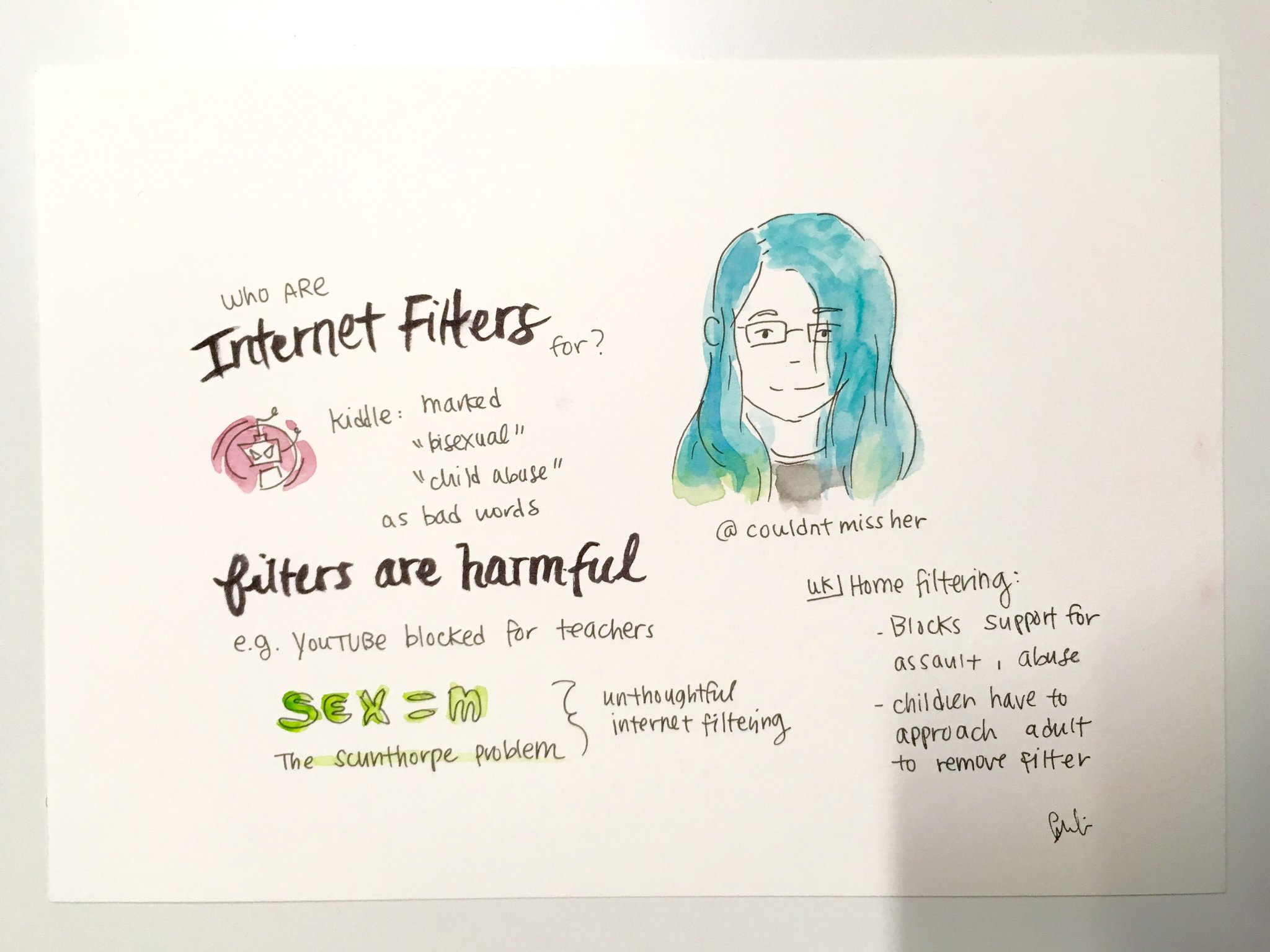AlterConf Dublin
AlterConf was really, really good.
My Favourite Talk
My favourite talk was Building an Accessible Community by Jenny Wong, which was about organising inclusive and accessible events. It was great how much detail it went into in all of its suggestions, with Jenny describing their real life experiences with all of the suggestions at Wordcamp London. Here are some things that stood out that I haven’t seen talked about much:
- Providing childcare. This is the only thing on this list that wasn’t a completely new idea to me, but what really interested me here was that they invited parents who hadn’t brought their children to the event to come and see what the childcare was like (after okaying this with the staff). The idea was parents might not want to use the childcare because they didn’t know anything about the people providing it, but that letting them see what it was like, and saying that they would be using the same provider again next time, parents would be more likely to use the childcare next time they came to the event.
- Stenographers. A stenographer writes live subtitles when someone is talking on stage. This biggest benefit of this is for people who are hard of hearing, but it’s helpful people who aren’t too ⏤ live captions can be useful if somebody just misses a word, or is having trouble understanding the speaker’s accent.
- Signage. Clear signage is really important. It can be especially important for autistic people, for whom asking someone for directions may be particularly difficult.
- Multi-faith rooms. If your venue doesn’t already have a multi-faith room, you can designate any room, but remember to tell attendees that they’ll have to bring their own equipment. If you can’t have a multi-faith room, let your attendees know where the nearest places of worship are.
- Quiet rooms.
- Atmosphere. At WordCamp London, the ceiling in the lunch room was really high, which didn’t lend itself to the type of atmosphere they wanted to create, so they “lowered” it by stringing bunting across it!
I’m going to go over the things in this talk very carefully when we’re organising Hack the Burgh again next year.
My Talk
My talk went okay. I was very nervous, and the way I’d written my notes made it pretty difficult to keep my place, since when I started I just sort of automatically saying what I had to say, without referring to my notes.
It was pretty well received (though it was right at the end so there wasn’t time for people to come and talk to me about it, as happened to the other speakers during the breaks following their talks). I was able to get my points across, even if my delivery wasn’t as good as it could have been.
Here are my “notes” (basically my talk as an essay).
Shout out to the Organisers
Here are some lovely things the AlterConf organisers did:
- All bathrooms were gender neutral.
- All talks were translated live into Irish Sign Language.
- There was a “no-one eats alone” rule, so attendees who were uncomfortable with approaching groups of people during lunch wouldn’t be left out.
- Trigger warnings for upcoming talks were announced at the start of each ~1 hour long block of talks, and again immediately before each talk.
- Everybody was asked to include their pronouns when making name badges.
- The venue was amazing. We were in a huge stone underground space that used to be whisky vaults. It reminded me of somewhere they took us when I did a ghost tour of Edinburgh.
-
The speakers were all sketchnoted live by Susan Lin (who has a really cool website! I strongly encourage you to click that link). The original sketchnote for each talk was given to the speaker as a gift. Here’s mine (doesn’t it look brilliant!):
